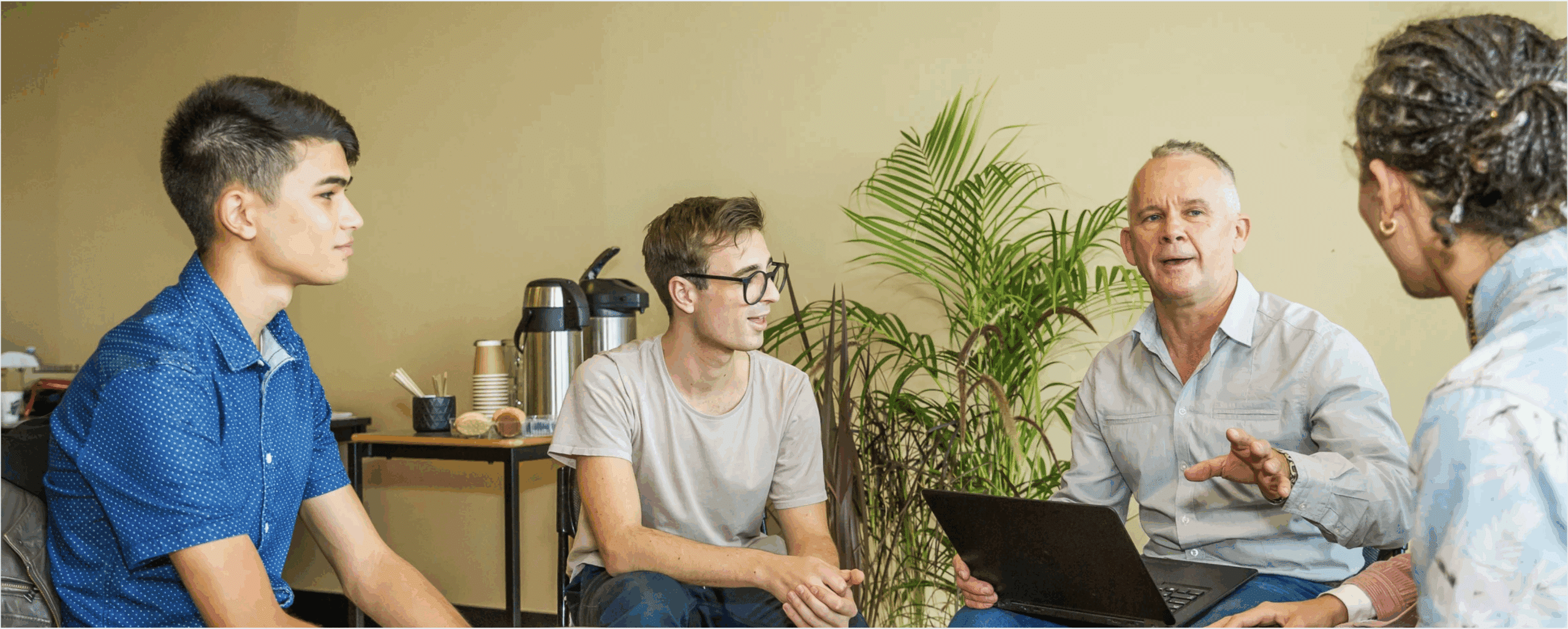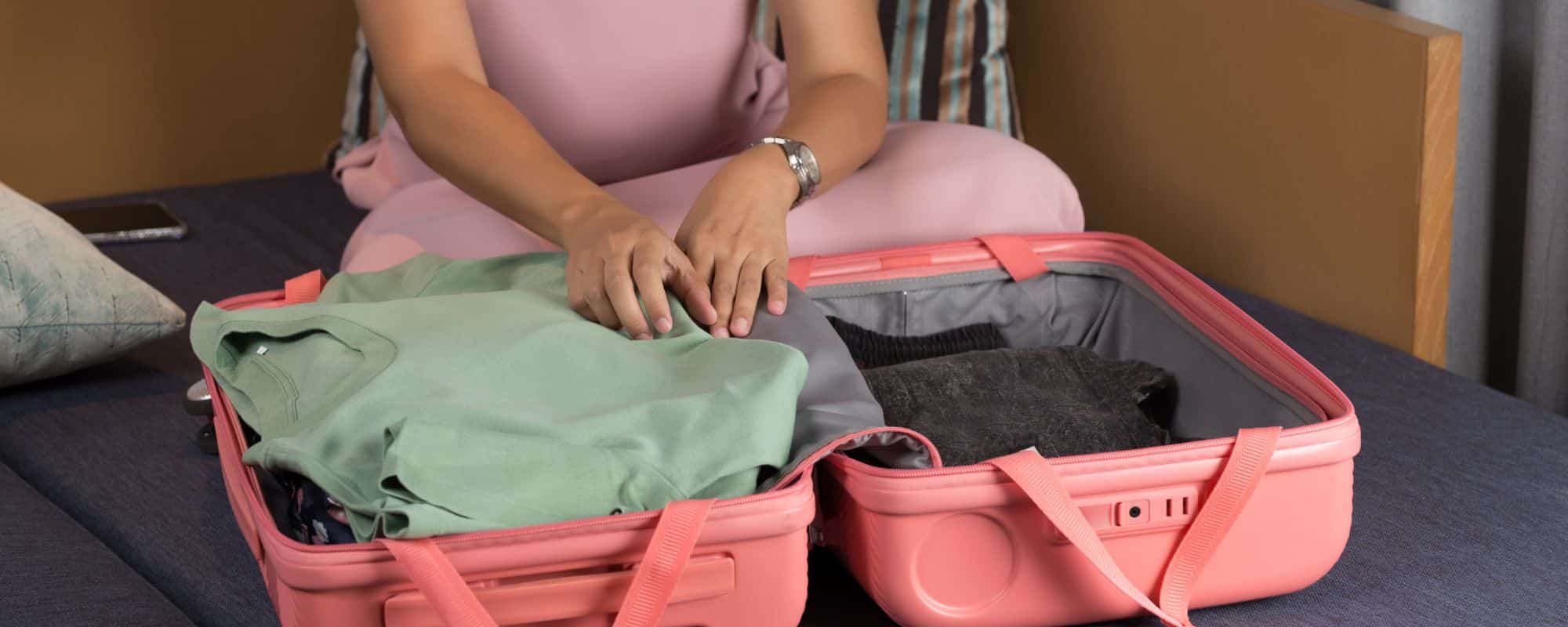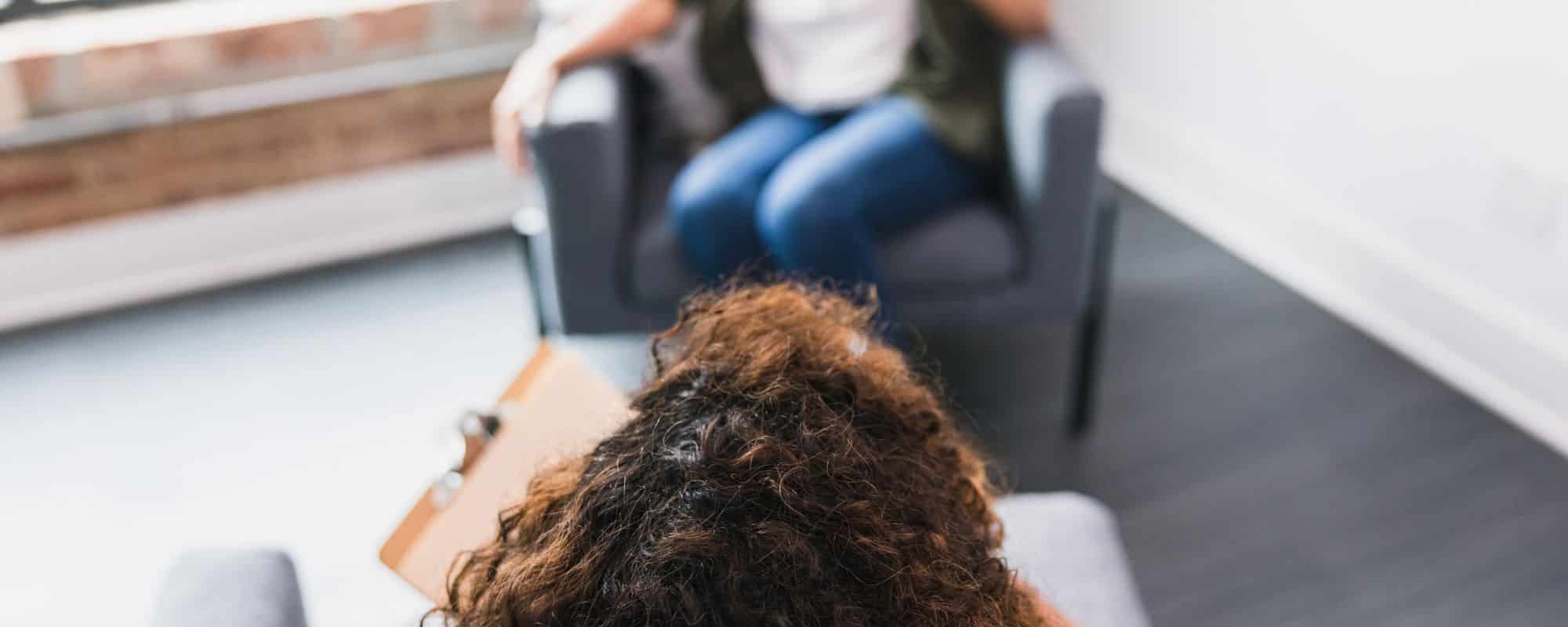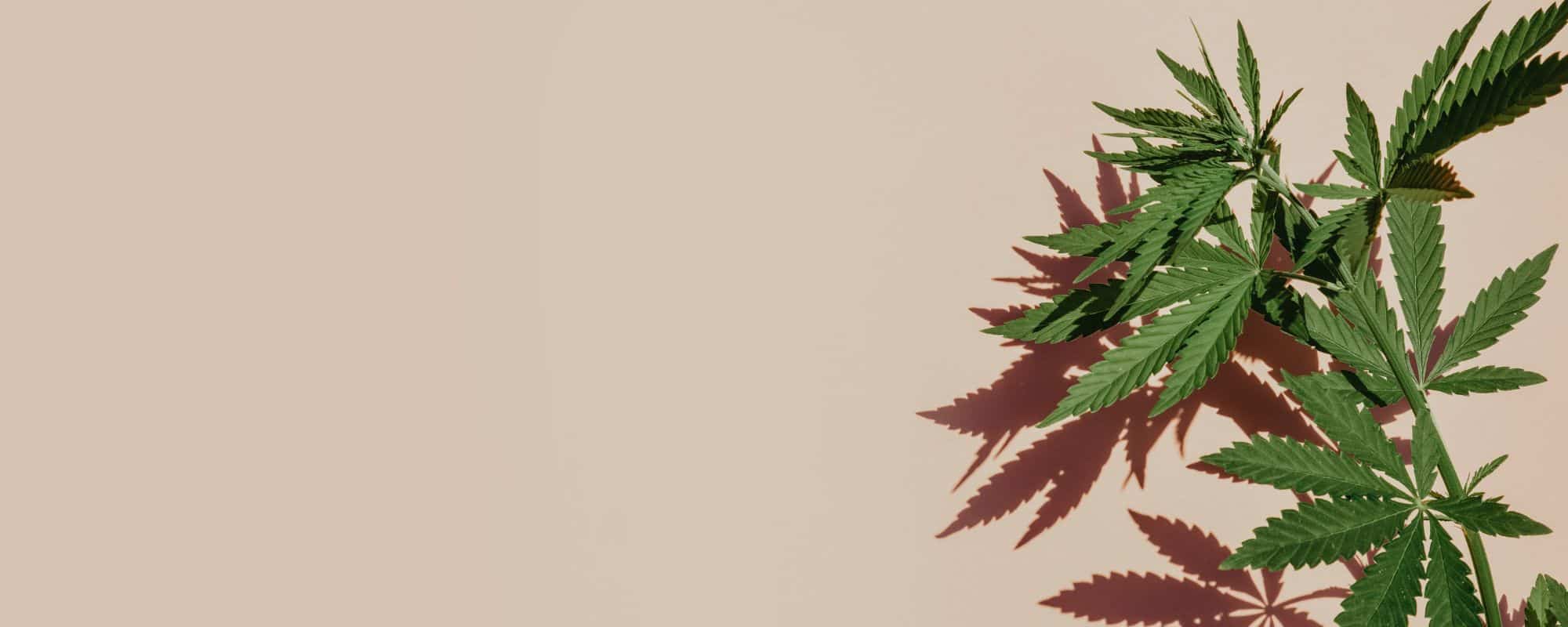Addiction relapse is a common occurrence and often a normal part of recovery. Relapse happens when you fall back into your old drinking or drug-using patters after being sober. There are many reasons why relapses occur. Often, it’s attributed to outside triggers like stress or social pressures. But there are also internal factors that can contribute to relapse, such as emotional vulnerability or lack of self-confidence. Whatever the cause, relapse does not mean you have failed in recovery or that addiction treatment didn’t work.
Relapse Can Be a Normal Part of Recovery
Studies have found that relapse rates for people in recovery is 40% to 60%. This is similar to other chronic conditions like hypertension or asthma. People with addiction often focus on behavioral therapy, medication, and healthy coping skills to counteract the impact of addiction on the brain. While alcohol and drug rehab helps many people, some still relapse after treatment. It’s important to know why you might relapse so you can get extra support when you see the signs in you or a loved one.
The Difference Between a Slip and a Relapse
There are two types of relapses in addiction recovery:
- A slip
- A complete relapse
Here’s the difference:
1. A Slip in Recovery
Slips can be part of the recovery journey. A glass of wine at a party or toke of a joint is a good example. A minor moment like this can appear as a small thing, but it’s possible you will develop a strong craving that’s hard to resist and leads to a full-blown relapse if you’re not careful. It’s important to be aware of the signs of relapse and to have a plan in place for how to deal with cravings and urges. People who experience a slip feel regret about using drugs or alcohol and take action to prevent it from happening again by upping relapse-prevention practices like 12-step meetings or therapy appointments.
2. A Relapse in Recovery
In a full-blown relapse, you have a complete return to addictive behavior patterns. It can mean a heavy night of binge drinking or weed consumption or using. Relapses are more serious than slips and are often caused by major triggers such as stress or temptation. Relapses may occur during major life events like the death of a loved one, loss of a job, or divorce. In a full-blown relapse, you don’t have plans to stop drinking or using drugs. You’re not interested in getting back on track.
It’s important to remember that slips and relapses are part of the addiction recovery process. If you or someone you know is struggling with addiction, don’t be discouraged if there are setbacks along the way. Recovery is a journey.
What Are the Signs of a Relapse?
Relapse is a possibility at almost every stage of recovery. It’s important to remember that addiction treatment isn’t a one-size-fits-all situation. Recovery takes time and effort, but it can also be rewarding. Some signs of addiction relapse include:
1. Missing Group or Individual Therapy
Regularly attending meetings or therapy sessions is one of the most important aspects of addiction recovery. Missing two meetings or sessions each week might indicate someone isn’t as committed to their recovery as they once were. This might result in relapse down the road.
2. Hiding Drug or Alcohol Use
If someone starts using drugs or alcohol again without telling you, this is a sign that they might be relapsing. People who relapse often try to hide their behavior, which can lead to them becoming more isolated. Addiction can feed off isolation.
3. Engaging in Harmful Behaviors
If someone in addiction recovery starts to rely on self-destructive behaviors, such as overeating, gambling compulsively, or taking part in risky sexual activity, it may be a sign that they are not managing stress well. This could lead to a relapse.
Some other signs of relapse include:
- Isolating from friends and family
- Hanging out with former friends who use drugs and alcohol
- Mood swings
- Anxiety or depression
- Sleeping and eating changes
- Secrecy around what they’re doing
- Financial problems
- Work or school problems
- Not taking care of responsibilities
- Missing therapy, support groups, or other recovery activities
Do I Need to Go Back to Treatment?
If you relapse, it does not necessarily mean that you need to go back to inpatient addiction treatment. But if you’re struggling with cravings and urges to use or if you are feeling overwhelmed and unable to cope without using drugs or alcohol, returning to treatment may be the best idea.
Treatment can provide you with the structure and tools you need to stay sober, and it can also help you address underlying issues that may be contributing to your relapse. There is no shame in returning to treatment after a relapse. Everyone’s recovery journey is unique.
Relapse prevention is an important part of recovery, and it’s something you should discuss with your treatment team. They can help you develop a plan to deal with triggers and cravings. They can also provide you with the support you need to stay on track. If you relapse, don’t give up hope. You can get back on track and continue working towards your goal of sobriety.
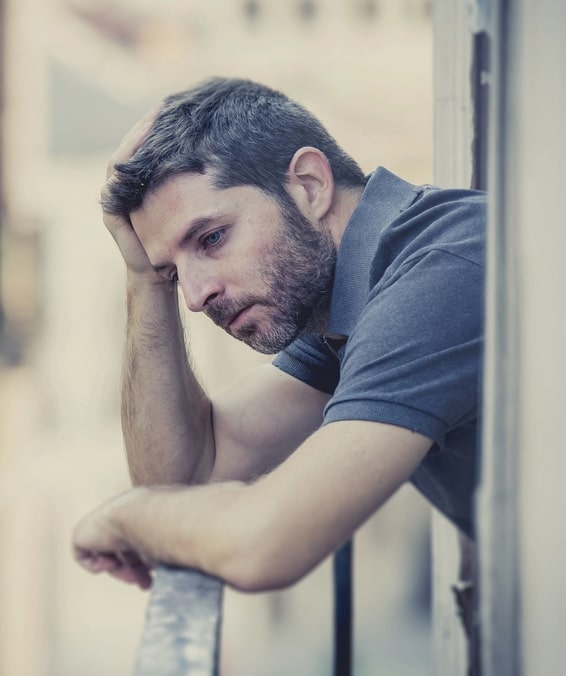
What Should You Do After a Relapse?
It can be difficult to know what to do if you relapse on drugs or alcohol. But it’s important to remember that you are not alone and that relapse is a part of recovery for many people. Seek support from others who understand what you are going through, and do not be afraid to ask for help.
Recovery is possible and you can get back on track. Vogue Recovery Center is available to help you however you need it. We have addiction treatment programs and support for every stage of recovery.
What Makes Someone Relapse?
People relapse in addiction because of several factors. Sometimes they feel like they can’t cope with their life without using alcohol or other drugs. They relapse to numb those feelings. Others may relapse because they aren’t getting the support they need from friends or family or because they aren’t attending therapy or treatment sessions. Some people relapse because they feel overwhelmed or stressed or because they are facing difficult challenges in their lives.
Here are eight common causes of relapse:
1. Addiction as a Chronic, Relapsing Disease
For years, addiction has been seen as a personal decision instead of a disease. This is because there are many factors that come into play when someone becomes addicted to drugs or alcohol. The brain is changed by the use of drugs or alcohol. This change is often described as the brain being taken over by addictive substances.
This can affect you in recovery if you have a predisposition to addiction or if your brain has not fully repaired itself from the damage of drugs and alcohol. Substance abuse works on the reward center of the brain. If your brain has been exposed to substance abuse, it will give you happy chemicals called neurotransmitters when you use drugs or alcohol again. This is because some of the brain’s parts have been damaged and need drugs or alcohol to survive. People who are addicted to substances may do things that are not normal for them, like stealing, to get more drugs or alcohol. Their main priority is getting more drugs or alcohol, whether it be to experience a high or to avoid withdrawal symptoms.
Thankfully, your brain has neuroplasticity, which means it can change, adapt, and create new neural pathways. But it takes time to repair the physical and mental damage of addiction. The longer you’re in recovery, the more time your brain needs to adjust to sobriety and return to a healthier reward system.
The risk for relapse will always be present. Without treatment, aftercare, and a relapse prevention plan, biological and environmental addiction factors can lead to relapse.
2. Triggers Like Stress and Relationships
Repeated alcohol or drug abuse can damage the brain in a way that makes it hard to resist triggers. For example, if you often abused drugs or alcohol in a certain location, just seeing that place can make you want to use substances again. The brain’s pleasure center is activated, which can cause strong urges and cravings. This increases the risk of relapse.
Relapse triggers to drink or use drugs include:
- Difficult feelings
- Celebrations or events where alcohol or drugs are being used
- Places where substances were used
- Stressful situations
- People associated with substance abuse
3. Uncomfortable Withdrawal Symptoms
Studies have shown that alcohol withdrawal symptoms can be a major factor in alcohol relapse. This is especially true when people try to detox from drugs or alcohol on their own or after a long period of abstinence. Withdrawal symptoms are influenced by the substance abused, how long it was used, and the person’s physical make-up. They can also be very unpleasant, painful, and even life-threatening. Some common withdrawal symptoms include:
- Dehydration
- Muscle aches and pain
- Vomiting
- Diarrhea
- Seizures
- Tremors
- Headaches
- Sweating
The uncomfortable withdrawal symptoms make it difficult to resist the urge to use drugs or alcohol again. However, medical professionals can help ease these symptoms with research-backed medications and other approaches.
Post-acute withdrawal symptoms, or PAWS, are the psychological effects that can persist for months after you’ve stopped taking alcohol or drugs. The nervous system might take a long time to recover from this. Symptoms can include:
- Memory loss
- Confusion
- Anxiety
- Depression
- Insomnia
- Irritability
- Agitation
Some people recovering from drug or alcohol abuse may have triggers that lead to relapse. The symptoms of this period can vary in severity for different people.
4. Lack of Support in Recovery
People who don’t have active support are more likely to relapse. Addiction recovery is a lifelong pursuit that requires permanent lifestyle changes and healthy practices to keep up. People without critical support are more vulnerable to relapse. Some reasons why people relapse include:
Unsupportive loved ones – According to research, when people trying to recover from addiction see that their loved ones support their sobriety, it lowers the chance of relapse. If family members aren’t supportive, friends and peers who are also in recovery can help them stay sober long-term.
Skipping support group meetings – Being accountable and having peer support are important factors in staying sober. There are many types of support groups to help people achieve sobriety. Twelve-step programs like Alcoholics Anonymous and Narcotics Anonymous have been helping people for a long time. There are also alternative programs that provide similar levels of support, like SMART Recovery or Refuge Recovery.
Lack of continuing care – People who finish addiction treatment and then do aftercare are more likely to stay sober. Some people who finish rehab do not do any aftercare, which puts them at risk for relapse. Aftercare services can include things like:
- One-on-one counseling
- Medication management
- Sober living homes
- Education on substance abuse
- Support groups like Alcoholics Anonymous (AA) and Narcotics Anonymous (NA)
Not attending counseling sessions – Meeting with a professional addiction counselor can help people in recovery identify why they became addicted to substances in the first place. Trauma, unhealthy attachment styles, and other behavioral health issues can go unidentified for years before you realize there’s a problem. After this point, it takes longer to manage and change these behaviors.
5. Neglecting Self-Care
People who are addicted to drugs or alcohol often do not take care of themselves. They may not get enough sleep, and they may not eat well or take care of their hygiene. This can lead to a relapse. Taking care of yourself in healthy ways helps you feel better overall, making it easier to refrain from drugs or alcohol. Some examples of healthy self-care include:
- Eating nutritious food
- Taking medication as prescribed
- Getting plenty of sleep
- Exercising
- Mindfulness
- Fun and fulfilling hobbies
- Nurturing spirituality
Exercise, meditation, and proper nutrition can help improve the brain’s reward center. Religious and spiritual activities can help you feel connected to something bigger than yourself, which can lessen feelings of isolation that often come with addiction and recovery.
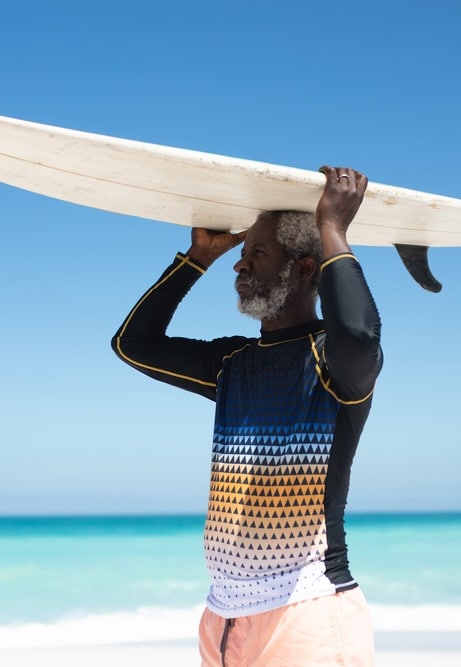
6. Coping with Difficult Feelings
People in recovery who have used drugs or alcohol in the past to cope with difficult emotions may be triggered by intense feelings. This is because using substances numbed not just difficult feelings, but all kinds of emotions, even happy ones. Learning how to manage emotional responses in a healthy way is an important part of addiction treatment and sobriety. When intense emotions arise, it’s crucial to have some positive coping strategies already established.
7. Feeling Isolated and Bored
Loneliness and isolation can increase the risk of relapse. Recovery often means getting rid of friends who are not sober and changing how you spend your time. This can feel lonely in the beginning stages. It can take time to build a new sober network of friends, but it’s worth it for lasting sobriety.
Having connections with other people in sobriety can be very important. These people can help you through the tough times and support you. Substance abuse takes up a lot of time and energy. It might take some time to figure out how to fill that gap. When you are addicted, drugs and alcohol can help you feel less bored, which is a relapse trigger. Breaking this cycle is tough, but it is possible.
8. Coping with Mental Illness Symptoms
People with mental illness are more likely to have an alcohol or drug addiction. Substance use disorders and mental illnesses commonly occur together. This is called co-occurring disorders or dual diagnosis. People in recovery who have depression, anxiety, bipolar disorder, or other mental health issues may feel tempted to “treat” these symptoms with drugs and alcohol. Before getting sober, they would likely self-medicate mental health disorder symptoms with addictive substances. It’s important for people with co-occurring disorders to continue getting help for mental health disorders to manage their symptoms without drugs or alcohol.
Looking for Help Through a Relapse?
If you or someone close to you has relapsed, it’s okay. This is a bump in the road to recovery, not a dead end. Vogue Recovery Center has helped plenty of clients get back on track and strengthen their recovery after relapses. We use proven therapies and approaches to get to the root of your substance abuse. We’ll help identify how and why relapse occurred, learn from it, and move forward. You’ll be assigned both a therapist and case manager who will work with you in developing an extensive plan for preventing future relapse that safeguards your long-term recovery goals.
Vogue Recovery Center offers a full continuum of care that includes:
- Drug and alcohol medical detox
- Inpatient treatment programs
- Partial hospitalization programs (PHP)
- Intensive outpatient program (IOP)
- Outpatient programs
- Sober living
Contact us today for a free, confidential consultation.
References
- https://www.drugabuse.gov/publications/media-guide/science-drug-use-addiction-basics
- https://www.drugabuse.gov/publications/drugs-brains-behavior-science-addiction/treatment-recovery
- https://www.drugabuse.gov/about-nida/noras-blog/2018/03/what-does-it-mean-when-we-call-addiction-brain-disorder
- https://www.frontiersin.org/articles/10.3389/fpsyt.2019.00600/full
- https://newsinhealth.nih.gov/2015/10/biology-addiction
- https://www.ncbi.nlm.nih.gov/books/NBK424849/
- https://pubs.niaaa.nih.gov/publications/arh314/348-361.htm
- https://pubs.niaaa.nih.gov/publications/arh314/348-361.htm
- https://www.drugabuse.gov/download/675/principles-drug-addiction-treatment-research-based-guide-third-edition.pdf?v=74dad603627bab89b93193918330c223
- https://www.ncbi.nlm.nih.gov/pmc/articles/PMC5889144/
- https://www.sciencedirect.com/science/article/pii/S0306460318308542
- https://bmcpsychiatry.biomedcentral.com/articles/10.1186/s12888-017-1511-z
- https://www.drugabuse.gov/publications/drugs-brains-behavior-science-addiction/treatment-recovery
vogue-staff
Latest posts by vogue-staff (see all)
- Mixing Adderall and Alcohol: What Can Happen? - December 22, 2022
- 15 Signs of a High-Functioning Alcoholic - November 24, 2022


